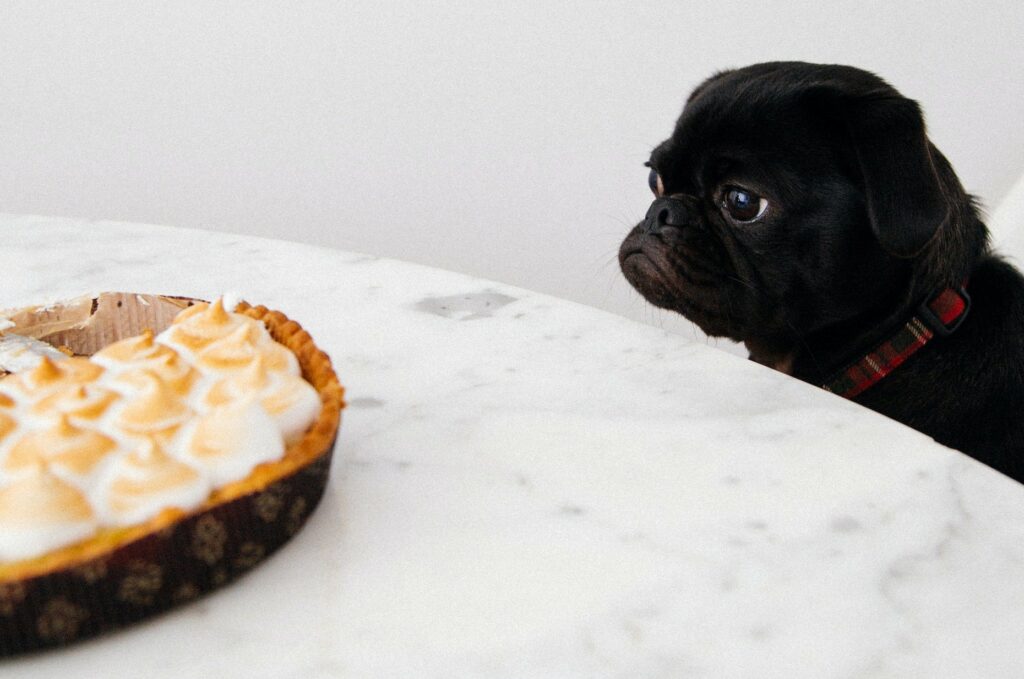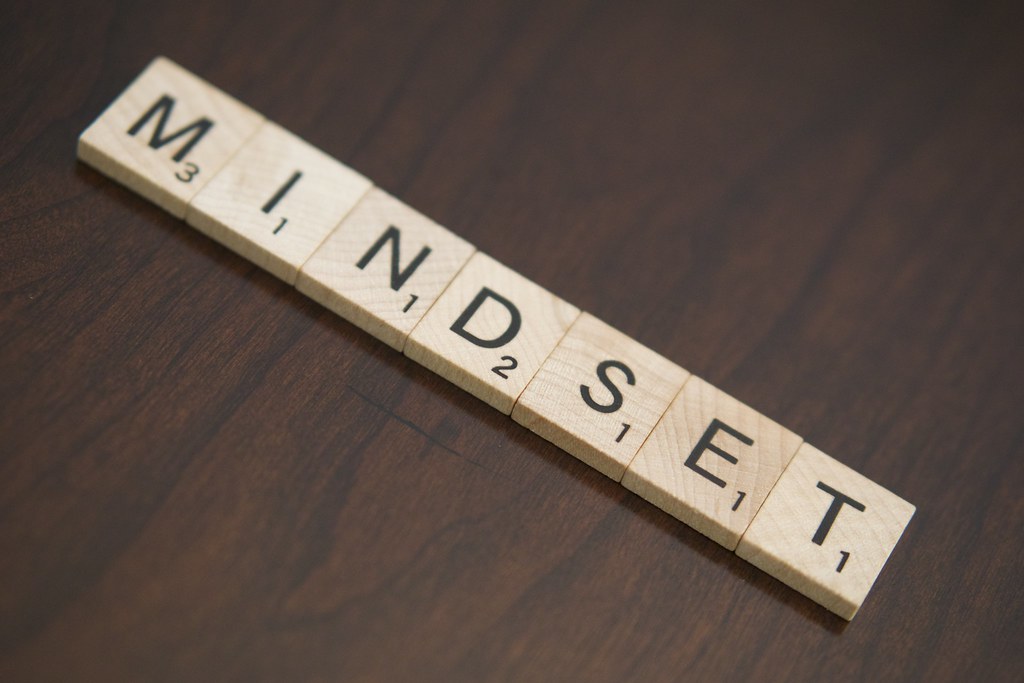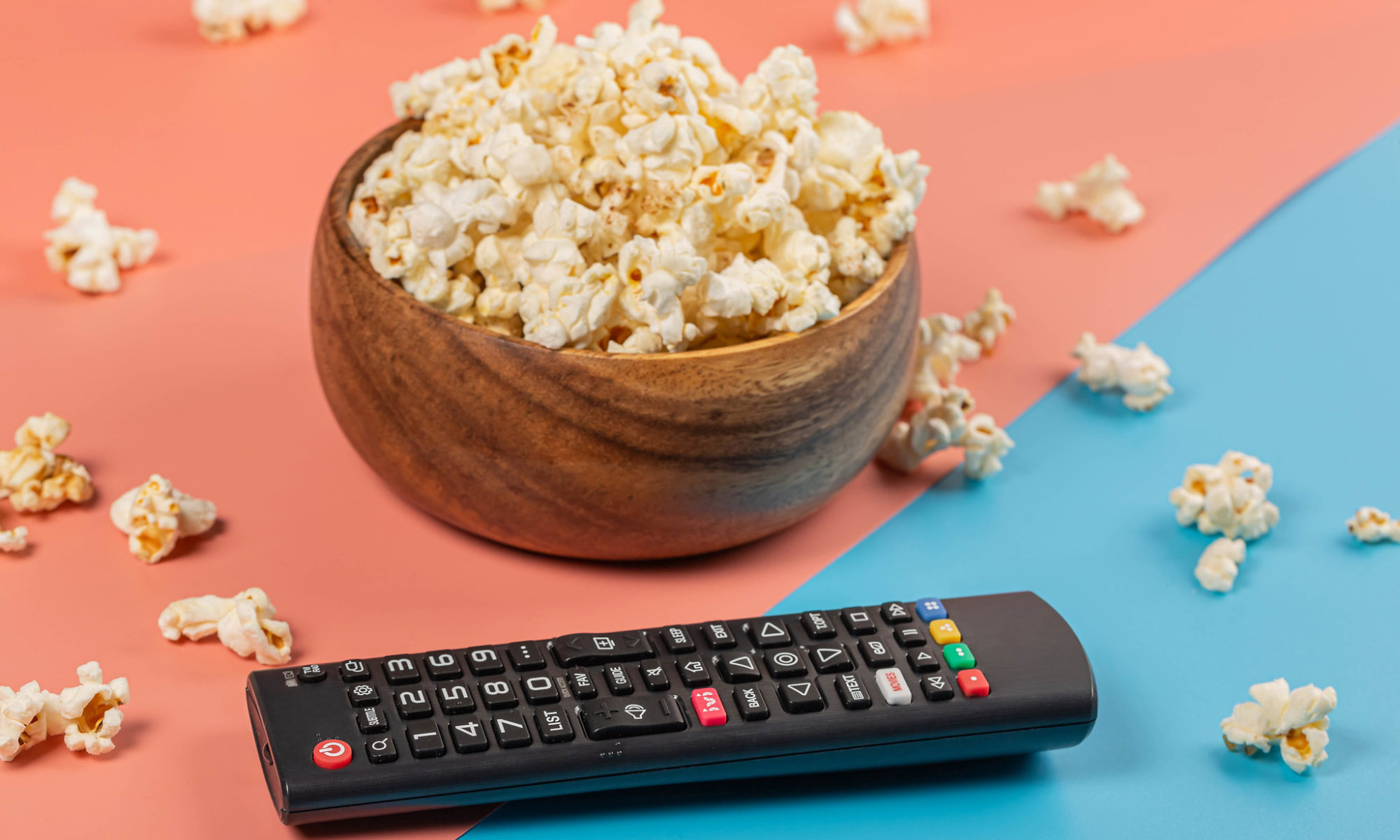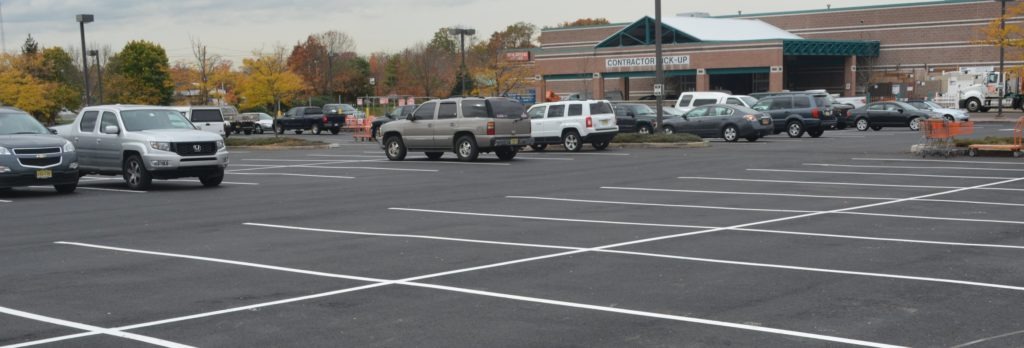Last night, we were sharing the Attention/Intention/Action in a workshop with some folks who are interested in joining the Weighless Program (many of whom subsequently enrolled–Welcome!!).
Those of you who have been around for a while will recall that we talk about the “6 Exits”; ways in which we tend to exit the behavior change cycle and stop moving forward. If we can identify where we are exiting the cycle, it can help us re-engage with the process in a more strategic way.
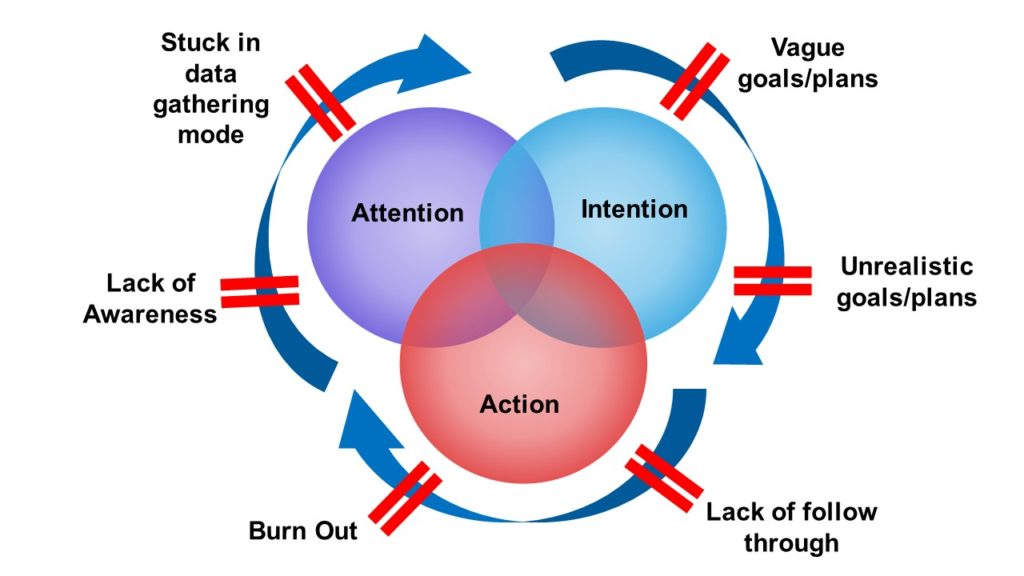
This morning, I found myself thinking about Exit #2: Stuck in data gathering mode. (Perhaps because this one is a recurrent issue for me!) And it occured to me that there’s a closely related exit that occurs at more or less the same place in the cycle. Let’s call it Exit 2a: Rumination.
If we are in rumination, we’re no longer gathering information, but we’re not moving foward into intention or action, either. We’re just running through the same thoughts over and over again. These nonproductive thought loops can act as a sort of anesthetic, making us numb to our our actual experience or desires.
Whether these thoughts are helpful or true isn’t even the point. The point is that we’re no longer moving foward. We’re not converting the insights into intentions or actions.
Is rumination (Exit 2a) a place where you may sometimes be exiting the cycle? And if so, can identifying that phenomenon help you re-enter the cycle?
You might find it helpful to imagine snapping a rubber band on your mental “wrist” to break the spell. (Or put an actual rubber band on your actual wrist, if that works better.) Try saying to yourself: That’s enough thinking for now. What’s the next step?

